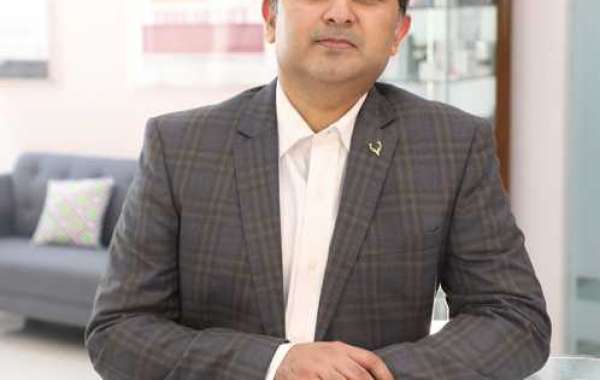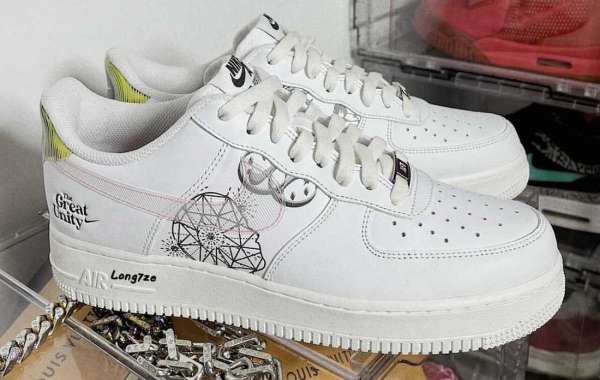When a child is born with this condition, and it does not show with antenatal ultrasound, it is undoubtedly a significant concern for the family. One needs to understand that this condition occurs in 7-23 out of 10000 births.
When the baby is born with this disorder, it is vital to note that in 99% of the cases, you did nothing wrong as a mother. Before any procedure that corrects the outer ear is considered, the most important thing is to establish the child's hearing ability. To do this, one should contact an ear specialist, as restoring hearing ability is of utmost priority in such situations.
To provide readers with an in-depth understanding of microtia/anotia in children, we have taken insights from expert plastic surgeons like Dr. Parag Telang, the best ear surgeon in India who is also the founder of The Microtia Trust. Read on to learn more.
What is Microtia and Anotia?
Microtia and anotia are congenital disabilities in the ears of a baby. Anotia happens when the external ears, i.e., the visible part of the ear, are not there or are missing. Microtia occurs if the external ear is small in size and is not developed completely.
- Microtia/anotia most commonly happens in the first week of pregnancy, and these defects vary from being barely noticeable to being a major concern with how the ear forms.
- Usually, microtia/anotia affects how the ears of the baby appear, but usually, the part of the inner ears does not get affected. A few babies with this defect also have a narrow or missing ear canal.
- Children with this condition often experience hearing loss in the affected ear, which can make it difficult for them to learn to speak. However, surgery can help to improve the look of the ear.
What are the Grades of Microtia?
Microtia can be classified into four grades:
- Grade 1: The ear usually looks normal but is small in size.
- Grade 2: The outer is partly formed and is 50% -60% smaller than the outer ear. The ear canal, which runs from the outer ear to the middle of the ear, is narrow or closed.
- Grade 3: The outer side of the ear is a tiny piece of cartilage that is shaped like a peanut. There is no ear canal which sends sound to the middle ear.
- Grade 4: Anotia i.e. the outer ear is completely missing.
If one’s child is experiencing either microtia or anotia and they are looking for a renowned ear surgeon in India to get an effective treatment, they can schedule a consultation with Dr. Parag Telang at The Microtia Trust.
What are the Causes of Microtia?
Most of the time, doctors are unable to find the cause of microtia. However, the condition is most likely to affect boys. Sometimes, this condition also runs in families and occurs as a result of a change in the genes. Microtia can also be a component of different syndromes, such as:
- Hemifacial Microsomia: It is a condition where the lower half of the face does not grow correctly on one side.
- Goldenhar Syndrome: It is a condition where the ear, lip, and jaw do not form completely.
- Treacher Collins Syndrome: It is a condition where the development of the jaw, chin or cheekbone gets affected.
How is Microtia Diagnosed?
If the baby has microtia, the doctor sees the condition when they give the baby a physical exam after their birth. In very rare situations, the provider may see that the baby has microtia before birth during an ultrasound.
- An ultrasound is a prenatal test that uses sound waves and a computer screen that depicts the picture of the baby inside a womb.
- If the baby has microtia, the doctor also checks other birth defects. For example, the baby might get an ultrasound to check for any birth defects in the kidneys. This happens because the urinary tract forms at the same time as the ear when the baby is in the womb.
- The urinary tract is the system of the organs, such as the bladder and kidneys, which eliminates waste and extra fluid from the body.
How are Microtia and Hearing Loss Associated With Each Other?
If the child has hearing loss because of microtia, it is usually called conductive hearing loss. Sound becomes difficult to travel from the outer ear to the inner ear in this condition. Some children also experience a condition of hearing loss, i.e. sensorineural, which is permanent.
How is Microtia Treated?
The treatment for children experiencing microtia/anotia depends on the severity of the condition. The ear doctor will test the baby’s hearing ability to determine if there is any hearing loss in the ear with any defects. If the hearing loss is there, this can also create problems for the child.
All the treatment options should be discussed, and an early action should provide better results. Hearing aids could be used to improve a child’s hearing ability and help with speech development as well. The surgeon then performs surgery to reconstruct the external ear.
- The best material for reconstructing a new ear is the soft portion of the rib, which is also called cartilage.
- The cartilage is obtained from the child’s rib cartilage and is used to create a new outer ear. The use of a child’s tissue reduces the risk of infection. Also, the skin graft is placed over the implants which results in a natural-looking ear.
- The timing of the surgery depends on the severity of the detection and the age of children too.
- The surgeon performs the surgery between the ages of 4 and 10 years. The treatment may be recommended if the child has any other birth defects.
If there is no other condition, children with microtia/anotia can lead normal lives. However, some children with this condition may have issues with self-esteem. Nevertheless, parents need to provide support during this phase.
Final Takeaway
Through this post, we have understood what anotia/microtia is and how it can be treated in children. If one’s child is experiencing the same condition, they must seek help from an ear doctor right away.
They can consult Dr. Parag Telang who is a renowned microtia surgeon in India and an expert in treating all grades of Microtia. He practices at The Microtia Trust, which is a world-class ear reconstruction surgery clinic that is located in Mumbai (India).
The Microtia Trust has treated a wide range of patients all over the world such as from countries like the US, UK (England), UAE, etc. For more details on microtia/anotia treatment, visit Microtia Trust today!










